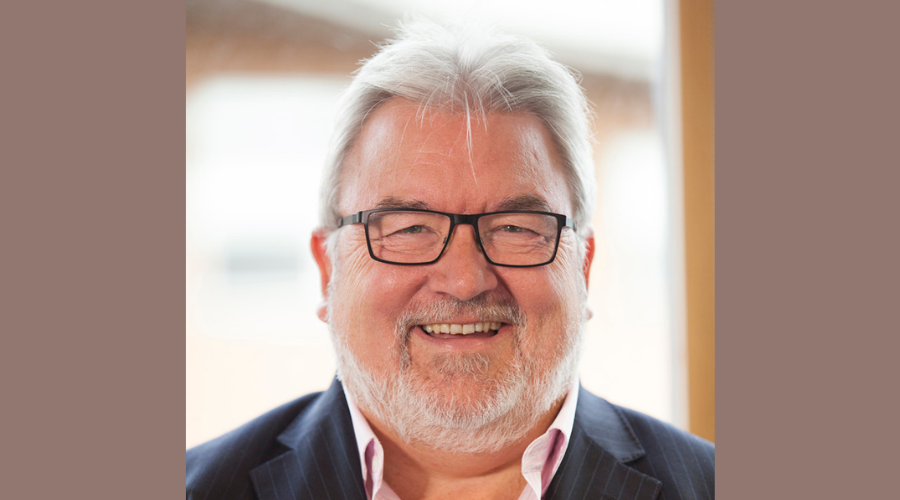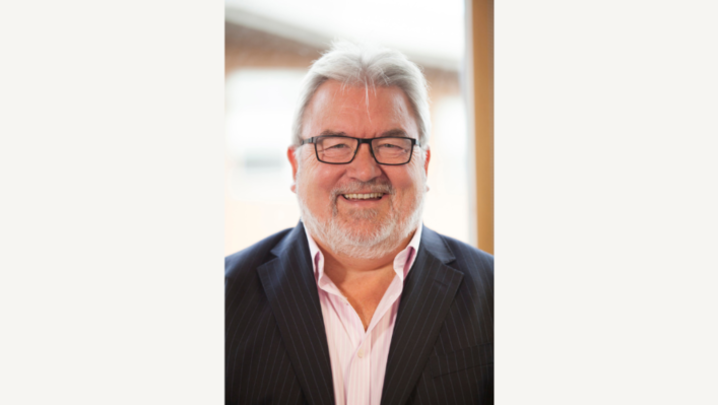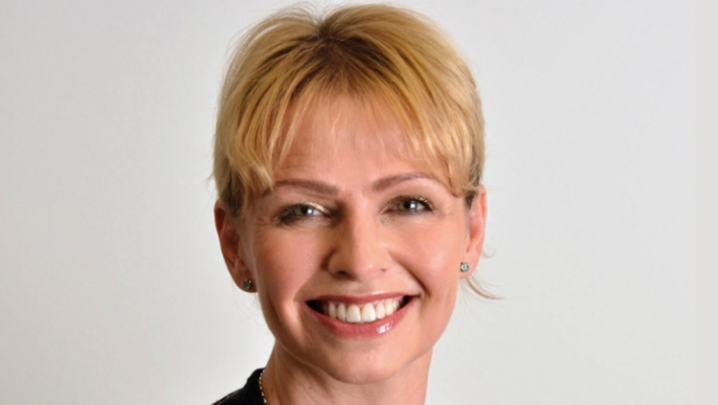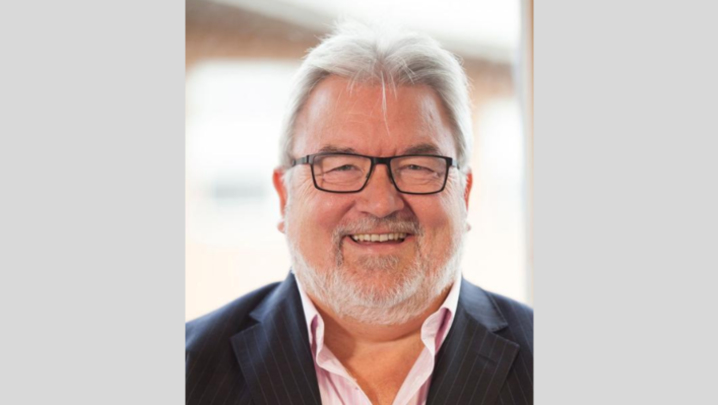Graeme Thompson hails the launch of North East Screen – and the room where it happened.
In our case it was a room on the top floor of Sunderland’s new City Hall. In Lin-Manuel Miranda’s stage musical Hamilton, it was a house in Lower Manhattan. But on both occasions, key players gathered to shape the future.
No one really knows how the game is played
The art of the trade
How the sausage gets made
We just assume that it happens
But no one else is in the room where it happens
I was reminded of the lyric when a group of screen sector leaders joined local politicians to launch a new TV and film development agency, North East Screen. The agency – to be based in Sunderland – comes in the wake of a £37m investment in content from a region stretching from the Scottish border to the North York Moors.
The BBC has committed £25m, with a promise of more to follow and, in a unique partnership, all 12 local authorities have raised £12m to establish a production and skills fund. Other broadcasters are keen to join the party.
The BBC, whose commissioning editor for daytime and early peak, Helen Munson, is now based in Newcastle, has already ordered six series. They include Robson Green’s Dirty Weekends, Scarlett’s Driving School and a documentary strand with Middlesbrough singer James Arthur.
So, who were the people in the room where it happened? Helen Munson and Tom Wrathmell, the BBC’s director of UK strategy, were among the first arrivals. You might also have spotted Jimmy Mulville from Hat Trick, which is developing comedy talent from a region that gave us The Likely Lads and Sarah Millican.
Entertainment chief Malcolm Gerrie was back in his home city of Sunderland, along with Oscar-winning producer David Parfitt, whose parents ran a shop in the city centre.
Johnny Moore, Chief Executive of Fulwell 73, which has opened a production office at the University of Sunderland, was present, along with other company heads, including Kim Tserkezie from Scattered Pictures, Duncan Gray from twentysix03 and US-based Tom Gutteridge, executive producer of Discovery’s BattleBots and launch chair of North East Screen.
They were joined by new kids on the block from local companies such as Wander Films and visual effects specialist New World Designs.
Of course, the big challenge of turbo-charging the screen sector in a corner of England that has seen relatively little production in the past decade, is the skills shortage. North East Screen has a crew database, but many of those names are working in other parts of the UK or on existing shows such as CBBC’s The Dumping Ground. This leaves producers thumbing anxiously though their contacts to find people willing to head north within tight deadlines.
It’s a scenario made more challenging by the recent ScreenSkills report that highlighted a UK shortfall of more than 20,000 crew at a time when more than 190,000m2 of additional studio space is required to meet the demands of film and high-end TV.
So it is no surprise that North East Screen and its funders have put skills development at the top of their priority list. Step one is aligning the education and training offer with professional development and placement opportunities.
Step two is more challenging. In spite of forecasts that predict the UK screen sector – already worth more than £5bn – will grow to £7bn in the next three years, parents, teachers and careers advisors are choosing not to recognise the opportunities. There’s a massive hearts and minds task ahead of us to persuade people that careers in film and TV are a viable ambition.
I recently spoke with one parent whose son has been making films since the age of 11 and had his heart set on making it his career. But his sixth form careers advisor strongly discouraged this “poorly paid freelance” ambition and urged him to consider studying physiotherapy at university.
It’s not quite the pistols at dawn moment described in Hamilton, but I’d love to lock that advisor and like-minded policy-makers in a room with North East Screen to see what happens.
Graeme Thompson MBE is pro vice-chancellor of external relations at the University of Sunderland and Chair of the RTS Education Committee.







